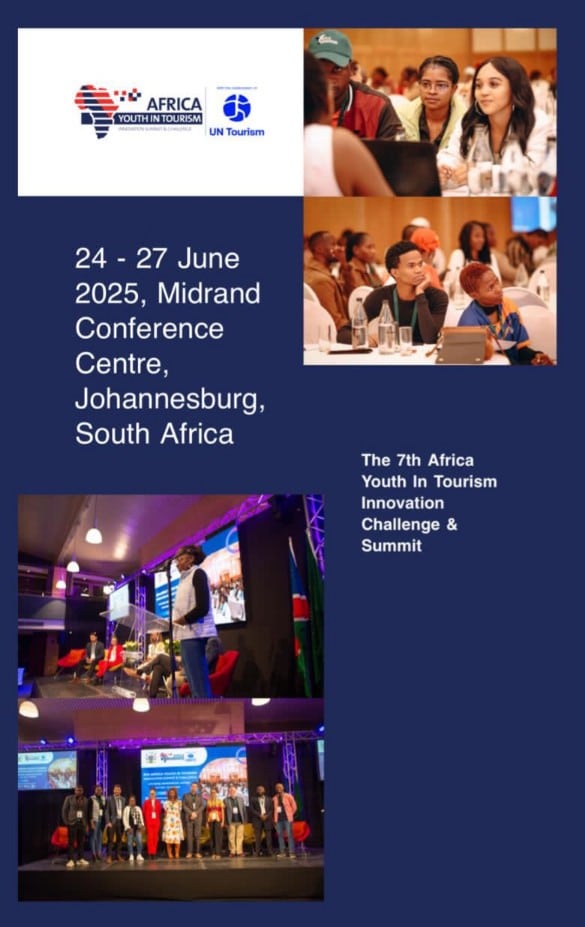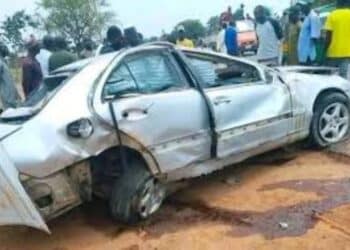Gbenga Olawepo-Hashim is a founding member of the Alliance for New Nigeria (ANN), former member of the Peoples Democratic Party (PDP), and former Deputy Publicity Secretary of the party. The former students’ union leader and businessman, speaks with journalists on a number of national issues. Excerpts:
In your recent lecture at the Obafemi Awolowo University, you gave some reasons why the Nigerian economy found itself in recession in 2016, why do you think the narrative by the current government is untenable?
If you look at the growth that Nigeria witnessed around 2013, the economic boost was about $510 billion, with which we overtook South Africa. Most of those things that led to the growth were small things. Some of the projections came from the fact that Nigerians are hardworking, we have a big market and very creative and imaginative middle class that is creating value in the economic. The sector that really accounted for the growth in GDP were telecoms, ICT and the banking services. The prediction that by 2050, Nigeria would be one of the largest economies is not misplaced if you consider the talent of the people and enterprise and size of the Nigerian market. All we need to do is get some little things right, mainly administrative, for this economic to get the desired result. The drivers for economic growth are industry and talent of the people, their entrepreneurship. Anything that will hinder that should be removed, anything that can support that should be embraced. When you look at the size of the market which is very attractive, we have very good Diaspora community that is contributing significantly to financing the country. Looking at 2013, the remittance from abroad was about $21 billion that is big money to finance foreign exchange component. Young people in Nigeria are contributing. All over the world, we have young Nigerians that are doing the country proud, all we need to do is to get it right at administrative level with right set of policies and this country can grow in seven fold in terms of size of GDP.
So, what really caused the recession?
The most important reason why our economy went into recession is not because of corruption, because even with corruption naira was still exchanging for around 198 per dollar. I think the government is supposed to have enacted policies that will allow the market to determine the value of the currency.Business people were supposed to do their businesses without political blackmail.
I think the fiddling with the value of the currency had more impact on the disaster than corruption.
Secondly we have a situation where the economy was internally dwell on liquidity. In one hand, the federal government was contradicting the CBN on the management of foreign exchange, while the CBN was taking some interesting measures to stabilized the naira by allowing the market to determine the value. At the same time, the federal government was makingcontradicting statements that scared investors away from the country. This had negative impact on the economy.
When the government came with instruction about the limit of amount you can operate with your foreign account, the remittances from our people abroad dried up.
Another thing was the fact that there was so much talk about corruption dollar in the market that no bank should accept foreign exchange deposit, which country will do that at the period of shortage, even if they are proceeds of corruption, the intelligent thing to do is to allow the money to come in and create a new regime for know your customer (KYC), for the owner of the account to establish how they legitimately got the money.
Before they clear the KYC, that money have already serve its purpose. So by making such policies, foreign exchange that would have flowed into the country were flowing away through Nigeria borders. So the economy was grounded.
This corruption talk as far as I’m concerned is neither here nor there. Corruption is not good for any economy but corruption itself is a consequence of centralized system, any system where you have monopoly offering one service or the other, there will be corruption. Look at the transformation in communication industry.
But Buhari’s anti-corruption drive appears to be biting?
You can achieve more with good policy than dealing with corruption. People who want to fight corruption cannot at the same time be promoting centralized system, because centralized system by its nature encourages corruption. If every Nigerian businessman or woman has to go to a certain person in Abujaand have to wait three to four years for one person to sign document, before that thing or document can be passed, then there would be corruption in that sector.
Nigeria during Obasanjo’s administration made more progress in the fight against corruption than we have seen in this present administration. Firstly in 1999, EFCC, ICPC were created, but this APC government have not been able to appoint substantive chairman of the agency. Assuming they have to create those agencies, would they have been able to achieve that? It was during Obasanjo that a serving minister was put on trier, it was under that government that an inspector general of police was handcuffed and dragged by police under him on a national television, that IGP came from the same zone with the sitting president. What do you have now, is clearance for officers indicted for corruption.
We need to get serious and not reduce this thing to joke, it is good to punish those who break the law, why they took Obasanjo serious in his anti-corruption fight was because he was straight forward, people said it was political witch-hunt but no AD member was sent to prison. No single ANPP members were sent to prison. People that were sent to prison were PDP members. Under Obasanjo two serving governors were impeached and put on trial.
That is why some of us support fighting corruption as at that time, but the fact is that you can eliminate corruption at some levels with right policies without fighting anybody. With right policies, certain things will naturally disappear.
Why do you think restructuring the country is a recurring issue?
Restructuring brings fear into the mind of certain people, and some people are just afraid of that word. If you want to make progress you need to get the desired national consensus on how to move forward especially in power sharing which is the core issue.
One thing that everybody agrees on is that over centralized government is unsustainable, whether from the north or south. For efficiency and productivity in the system, to the component state as they are, we have different minorities who want to have their own states.
What the minority is after is how you decentralize power to the states and I believe we will have more efficiency and people will be richer.
For instance, a state like Zamfara will be richer if they don’t have to come go Abuja to get licence for an investor who want to invest in gold and solid mineral. The GDP of the country will expand and more tax will be collected as a result of that expansion.
In Nigeria, public office holders are holding meetings till 1:00 am because they are concerning themselves with little things that would have been carried out at state level. It is this kind of waste and unnecessary Bureaucracy that I think devolution of power will achieve and everybody can relate to that irrespective of region. We need to develop a language of consensus that everybody can buy into after all that is what democracy is all about and it is part of political responsibility.
But why do you think a section of the country is scared of restructuring?
Some people are scared of restructuring because they think it means breaking up the nation. A lot of people not only northern Nigeria are scared. Some people don’t want to lose theautonomy that the present structure gave them.
We need national consensus to move the country forward.
You expressed optimism that Nigeria will be out of economic woods in your recent lecture at the OAU, what is the basis of that optimism?
As I said in the lecture, the size of the GDP and the productivity of this country is too small and little, compared to the size of the population. Even if all that is generated as national income from oil export were not stolen, it will still be too little to make Nigeria a prosperous and a decent country. You are talking about high oil price of $100 per barrel, $80 per barrel in Jonathan’s regime in 2013; everything amounted to less than $50 billion. Disney World, a private company that is into cartoons and entertainment in Florida earned almost N50 billion that same year. Even if a cent is not stolen from what is generated from oil, Nigeria will still be a poor country.
So, the point is to change the conversation and leave the theatre of reductionism and illiteracy that has characterized dealing with even basic social problems such as corruption. So, we will deal with corruption in a more organized and informed way not as semi illiterates as is being currently done. We will not talk down on our people. Our people add values; our people are decent. Our people are noble and whatever the problems are, we are able to put them in proper context and deal with them with good policies. That is my take on it.











